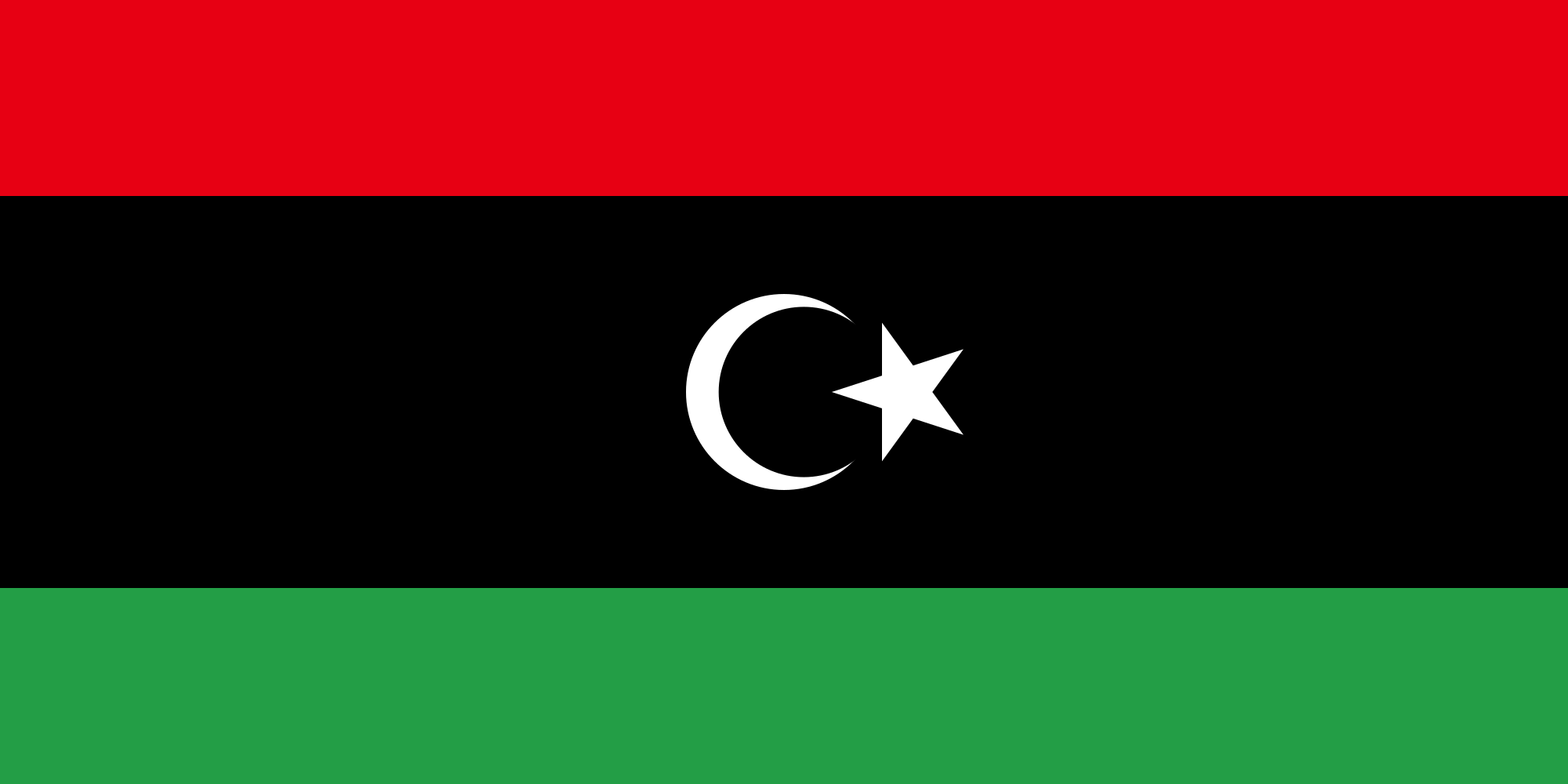What has Happened:
For nearly a year, intense fighting for control of Tripoli, the capital of Libya, has killed hundreds and displaced thousands. One of the leaders vying for control of this failed state is former Libyan military general, Khalifa Haftar. Haftar is fighting militias loyal to the UN-recognized Government of National Accord (“GNA”) led by Prime Minister Fayez al-Sarraj. Amid the chaos, Russia, Egypt, and the UAE have sided with General Haftar, while Turkey is supporting the UN backed government. Despite the brutal leadership of General Haftar, many militias and elements fighting in Libya remain independent of Haftar’s influence. Militias and proxies are ideologically at opposite ends of the spectrum and it is unlikely they will reach an agreement.
Recently, leaders or senior representatives from countries including Germany, Russia, China, Turkey, France, Egypt, the U.S. and the UK met in Berlin to discuss ending foreign intervention in the civil war. Angela Merkel of Germany stated that there is no military solution to this conflict, only a political one. The call for a cease fire was made in the effort to prevent the proxy battles from turning Libya into the next Syria, which would further destabilize North Africa and the region. While the two rival Libyan leaders were present in Berlin, they did not meet face to face and there is concern that the temporary truce will not last. As the conference took place, General Haftar’s forces continued a blockade of Libyan oilfields crippling the country’s oil production capabilities.
Why it Matters:
Egypt has an obvious geographic connection and currently sides with Haftar, but it is hard to know if this is pro-Haftar or anti-UN government motivated. Ultimately, Egypt is looking for a leader that best aligns with their local/regional policies, i.e. someone they are comfortable working with as a neighbor. Russia will likely side with anyone that allows them to gain regional or economic advantage, especially if it negatively impacts NATO, the EU, and the United States. Turkey would definitely be influenced by the Islamic bond, but is more likely to be motivated by previous relationships with Libyan national personalities or economic reasons. Turkey has expanded its influence in the region, including a partnership with Somalia allowing Turkey to explore for oil off the coast of Somalia, and energy exploration is the main reason that they are involving themselves directly in the conflict in Libya. In late 2019, Turkey’s President Erdogan met with the leader of Libya’s GNA and agreed to provide military support in return for permission to look for natural gas and oil in Libyan waters.
While the U.S. has a presence in Libya, it is not enough to influence the outcome. The U.S has been trying to reduce its footprint in Africa and might be intent on letting things settle out a bit before committing to a course of action, particularly since neither side seems like the perfect solution. General Haftar has dual U.S./Libyan citizenship and lived in the U.S. for 20 years. He returned to Libya in 2011 to participate in the NATO supported civil war that culminated in the death of Muammar Gaddafi. General Haftar has been successful in combatting radical Islamic militias and has vowed to rid the country of terrorist groups. Meanwhile, the refugee flow from Libya into southern Europe continues to create major economic issues for the receiving Mediterranean nations (and the EU at large) and is having an indirect impact on NATO. The situation in Libya is extremely complicated with several nations jockeying for position. However, for a lasting solution to be put in place, a permanent ceasefire needs to be reached, foreign nations must respect the arms embargo and the UN must reengage on a political solution.
Original Post 01/24/2020


